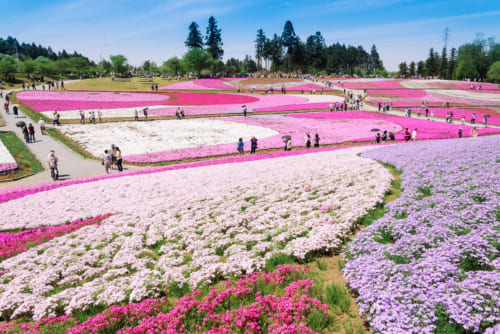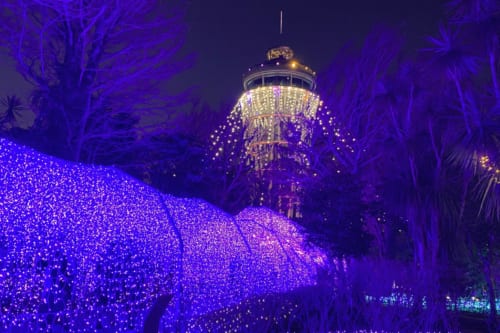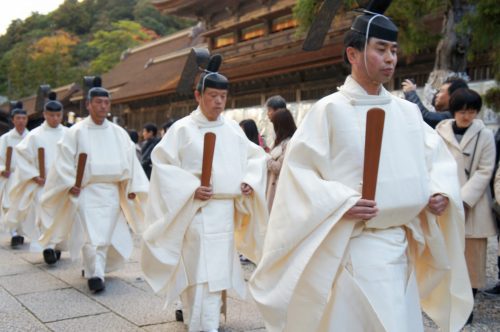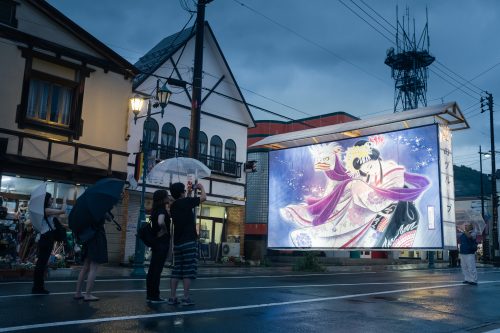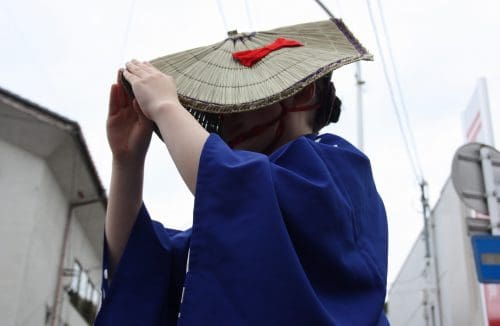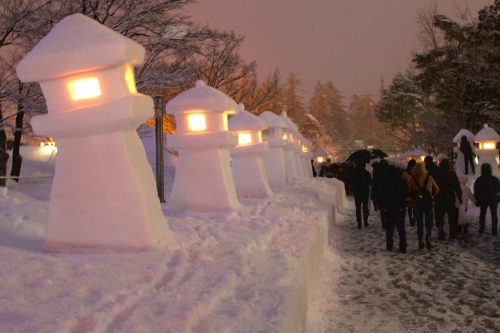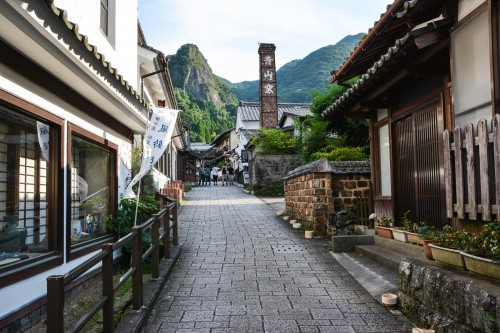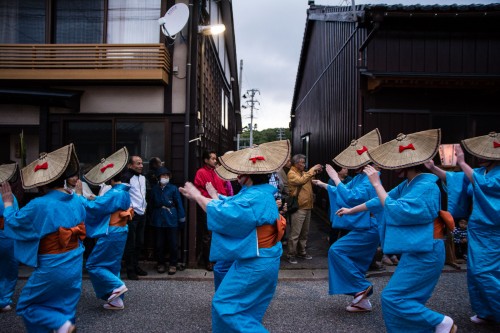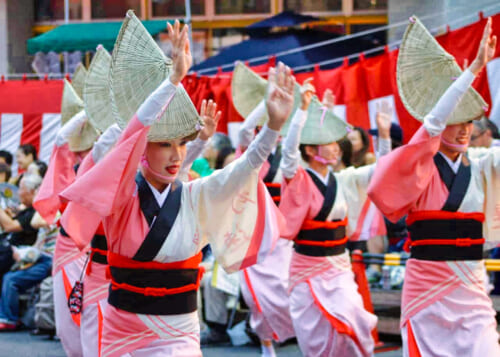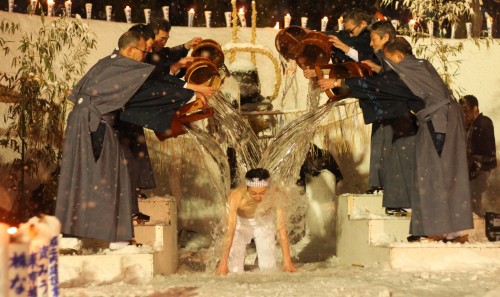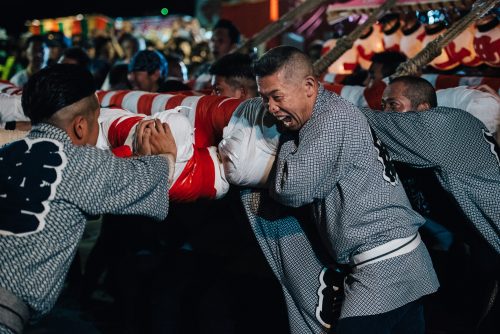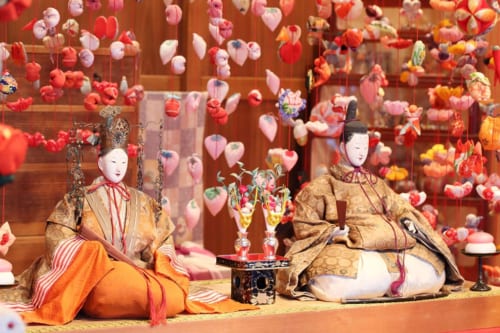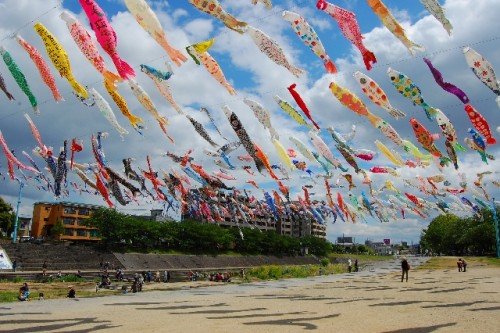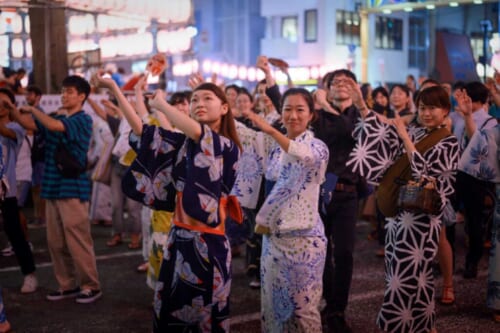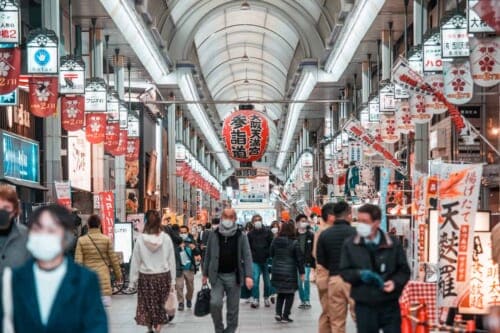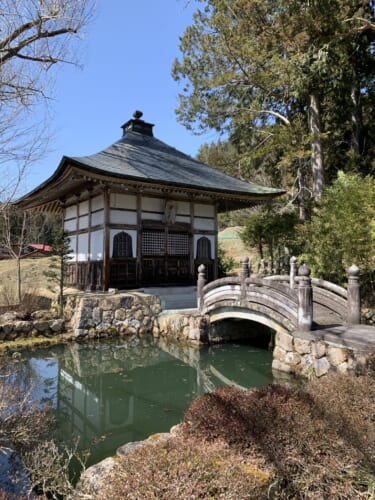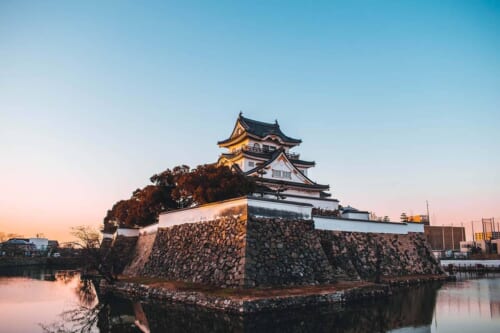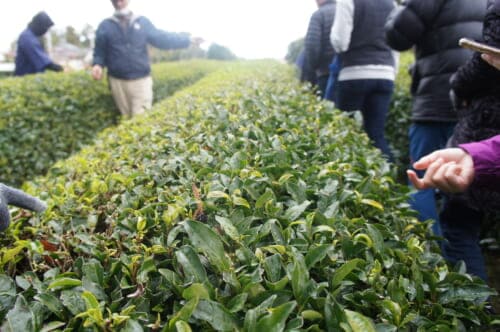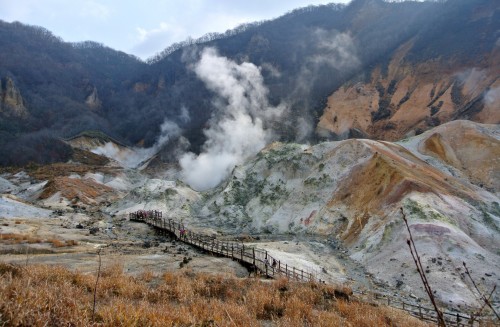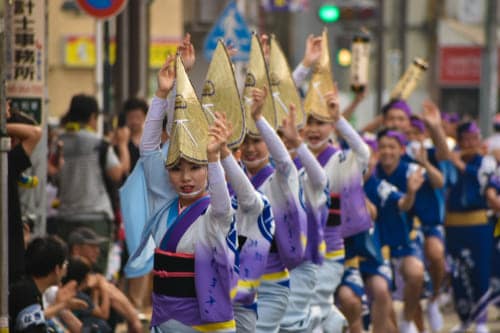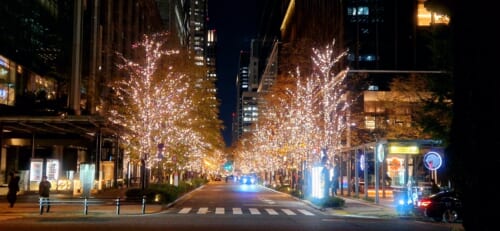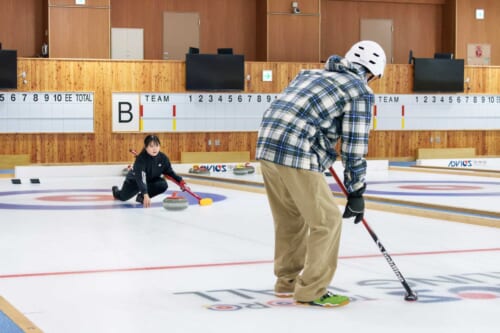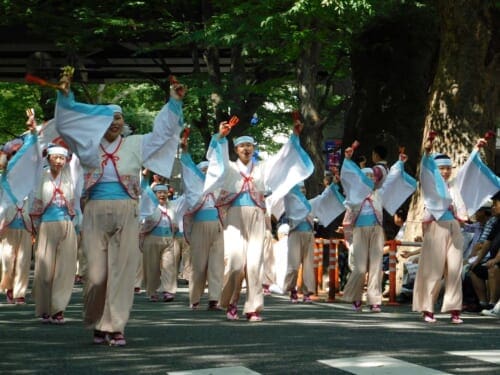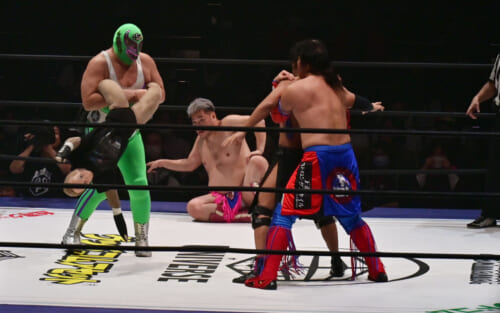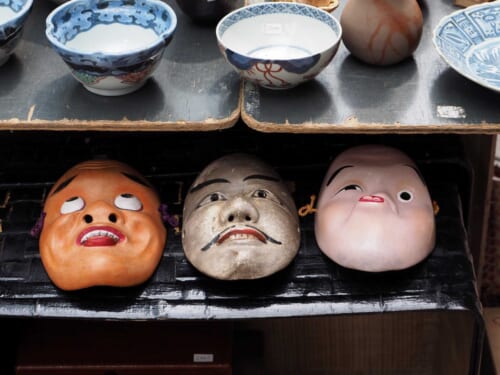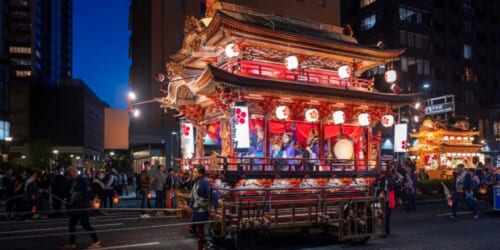Because of Japan’s diverse religious history, many annual events were created and celebrated throughout the year as opportunities to thank or appease the gods. Festivals continue to be widely held events, from city-wide to small neighborhood festivals. Recent history has introduced new events to Japan as well: national holidays and holidays and events brought to Japan from other cultures.
Featured Articles
Festivals
There are festivals around Japan year-round though many of the most famous festivals occur in the summer and fall, which are months of harvest in ancient times. Festivals are community events for Japanese people, a chance to gather and have fun in a family-friendly environment. Many festivals have roots in religious ceremonies from Shinto or Buddhism, though those connections are often more traditional than spiritual in modern times.
Many of the most accessible festivals occur in August, which is Obon, the period to honor one’s ancestors. Obon is celebrated with dancing, so many neighborhoods host their own small festivals where people can dress in their summer yukata and enjoy festival foods like yakitori (やきとり) chicken skewers, chocolate-covered bananas, and the refreshing kakigori (かき氷), shaved ice with sweet syrup poured over it. Locals and foreigners alike can participate in the dances, which range from very simple to incredibly challenging.
There are also unique or rare festivals that take place in various cities around the Japanese countryside. Fire festivals, snow festivals, and even fighting festivals are some of the lesser-known festivals held in Japan. No matter what time of the year you visit Japan, you will likely find a festival that you can attend.
National Holidays
There are 16 official national holidays in Japan, which spread throughout the year. Visitors should take note of two periods of holidays when visiting Japan is not ideal. Golden Week is a cluster of 4 national holidays in 7 days occurring at the end of April and beginning of May. Japanese people often use this time to take a week-long holiday, making popular destinations crowded and more expensive to visit. The New Year holiday traditionally takes place from January 1st to 4th. Many small shops and restaurants are closed during this time, as well as some tourist attractions, so be cautious when scheduling a visit to Japan during this time if your agenda is not flexible.
You should also be aware that museums and public attractions are often closed on Mondays, but if the Monday is a national holiday, it will be open that day and closed the next day (Tuesday).
Other Holidays
Many Western holidays have recently begun to be celebrated in Japan, though unofficially. Halloween is the most popular of the imported holidays, attracting crowds so large in some neighborhoods like Tokyo’s Shibuya, that police have recently prohibited the consumption of alcohol for safety reasons. Christmas is another popular unofficial holiday, but unlike Christmas in the west, it is considered more as a date night for couples (like Valentine’s Day).
In fact, the celebration of Western holidays in Japan can be very different from what you are used to in weird but often enjoyable ways. So don’t be afraid to venture out on a Western holiday in Japan to see how locals celebrate!
Dance Festivals
Our Recent Articles


